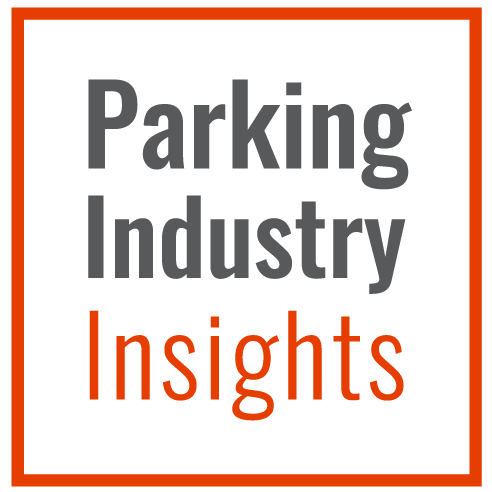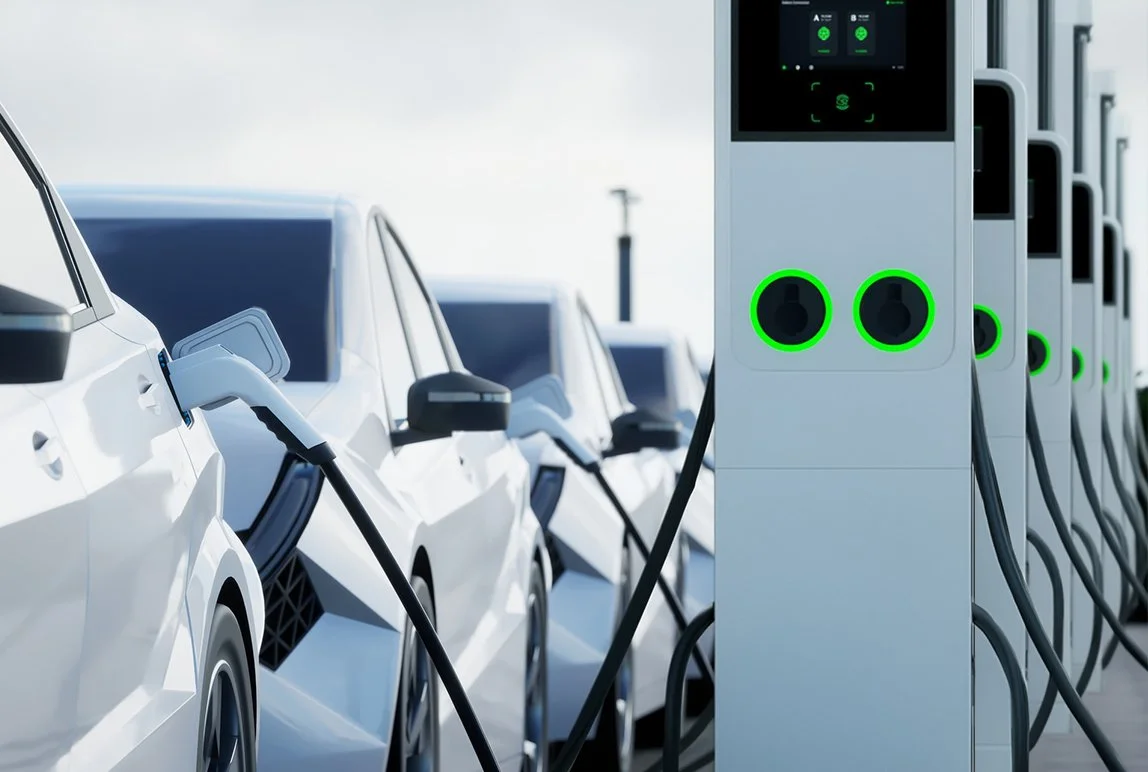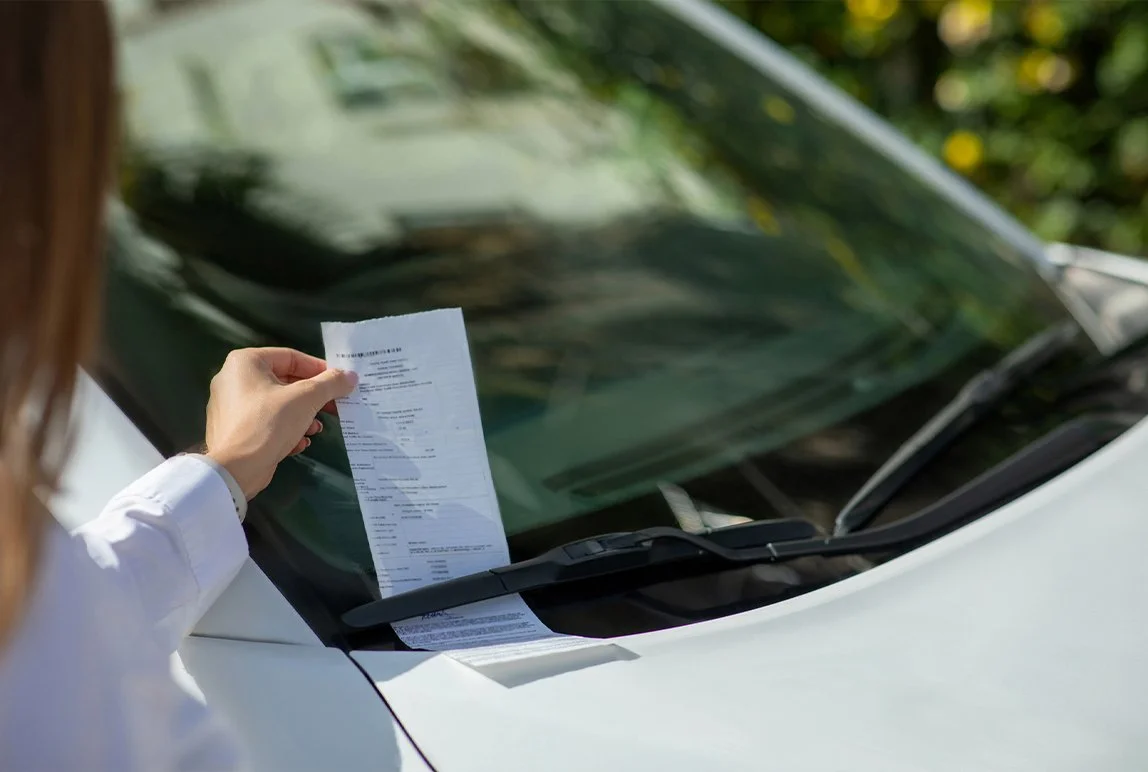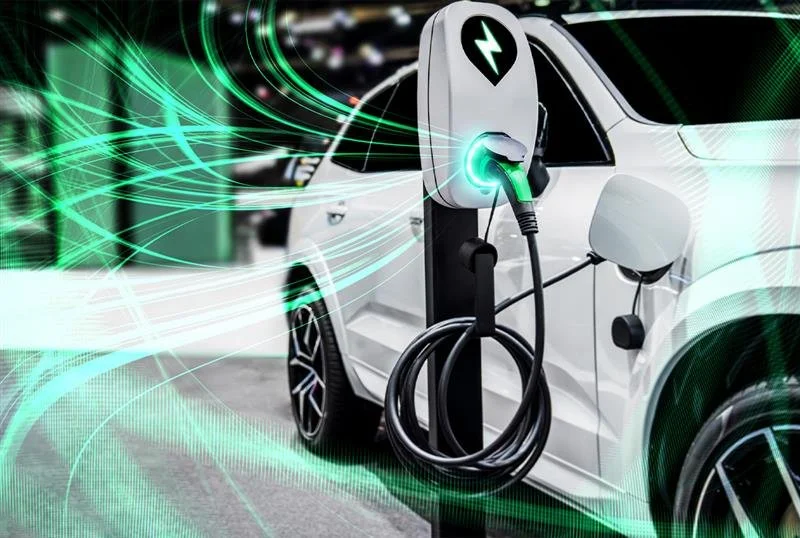How Artificial Intelligence (AI) Can Help Optimize Smart Parking Management
Posted: Oct, 3, 2023 9:27AM ET • 3 min read
A significant portion of everyday travel time is often devoted to the challenging and time-consuming task of searching for parking, a common and frustrating experience for many. However, with the advent of Artificial Intelligence (AI), intelligent parking management has undergone a revolutionary transformation. AI-powered solutions are streamlining the entire parking experience, making it more convenient, efficient, and sustainable for parking operators, facility managers, and customers alike.
1. Enhanced Parking Space Allocation
One of the primary ways AI is optimizing smart parking management is through improved parking space allocation. Traditional parking systems often rely on fixed schedules and limited data, leading to inefficient utilization of parking resources. Conversely, AI leverages real-time data from sensors, cameras, and mobile apps to provide dynamic allocation of parking spaces.
Through machine learning algorithms, AI can help drivers find available parking spaces quickly through mobile apps, reducing the frustration of circling the block searching for a spot. It enhances the overall parking experience and contributes to reduced emissions and fuel consumption, promoting environmental sustainability. More than that, AI can predict parking demand patterns based on the data collected and help parking facility managers set up dynamic pricing. For example, AI can charge a higher price for the same parking spaces during peak hours. Parking facility managers can maximize the revenue and better utilize the space.
2. Predictive Maintenance and Cost Savings
AI-driven smart parking systems offer more than just convenience; they contribute to cost savings and efficient maintenance. Through continuous monitoring of parking infrastructure, AI can predict when equipment such as ticket dispensers or payment terminals will likely require replenishment or maintenance. By identifying issues before they become major problems, maintenance teams can proactively address them, reducing downtime and saving on repair costs.
AI can also optimize the lighting and ventilation systems based on real-time occupancy data. When parking areas are empty, AI can dim lights or reduce ventilation, saving energy and reducing operational costs. The insights provided by AI analytics can help your management team make informed pricing decisions, ensuring that rates are competitive and reflect demand, ultimately benefiting both managers and customers.
3. Improved Security and Safety
AI also plays a crucial role in enhancing the security and safety of parking facilities. Surveillance cameras equipped with AI can detect unusual or suspicious activities, alerting security personnel in real-time. This proactive approach helps deter potential criminal activity and ensures the safety of customers and their vehicles.
Moreover, AI can assist in accident prevention by monitoring parking lots for potential hazards. For instance, AI-powered sensors can identify slippery surfaces or obstacles in driving lanes and promptly notify staff to address these issues. Parking operators can reduce liability risks and improve customer trust by maintaining a safe environment.
The integration of AI in smart parking management is transforming the way customers perceive and interact with parking. As the demand for parking increases, AI-driven solutions offer a promising path toward a more convenient, efficient, and secure parking experience. With AI at the forefront, the future of smart parking management looks brighter than ever.
References
Ai Accident Prevention System: A game changer. Jungo. (2023, June 1). https://jungo.com/ai-accident-prevention-system-a-game-changer/
Bredehorn, M. (2023, May 8). Ai-supported parking guidance systems: Efficient and cost-effective alternative for parking management. Swarm Analytics. https://swarm-analytics.com/ai-supported-parking-guidance-systems-efficient-and-cost-effective-alternative-for-parking-management/
How artificial intelligence influences smart parking management. Parking Industry. (2023, January 10). https://www.parkingindustry.ca/parking-technology/how-artificial-intelligence-influences-smart-parking-management
How can ai and IOT enhance smart parking management and optimization?. LinkedIn. (n.d.). https://www.linkedin.com/advice/1/how-can-ai-iot-enhance-smart-parking-management#:~:text=AI%20for%20smart%20parking,operations%20like%20pricing%20and%20billing.
Share Article:
Featured Articles
ABOUT THE AUTHOR
Herbert Cheng
PMP | Manager, Projects
Herbert is part of Precise ParkLink’s Research & Development team as their Manager, Projects. Herbert is a graduate of the University of Waterloo with a Bachelor of Applied Science in Mechatronics Engineering, as well as a Project Management Professional (PMP), certified by the Project Management Institute. Among his many achievements with Precise ParkLink, including his work on monitoring, access, and guidance systems, is the monthly subscriber system that he was instrumental in developing as a custom solution for Toronto’s Pearson International Airport, and which we now proudly offer to our clients as IPASS. The innovative solutions he works on have been critical to Precise ParkLink becoming the industry leader it is today.
Questions?
Fill out the form below and we will do our best to connect you with a suitable contact.












